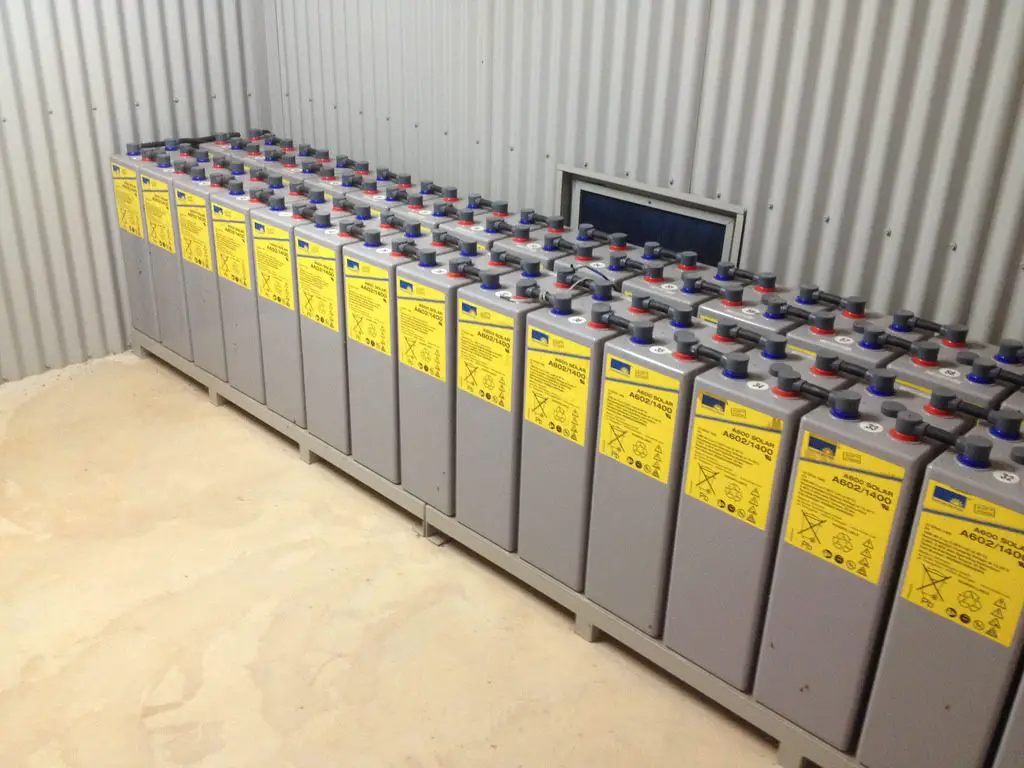The Inflation Reduction Act of 2022 expanded the Investment Tax Credit (ITC) for solar panels, making commercial and residential solar installation more affordable for homeowners throughout the United States.
But the new law has left many wondering whether solar batteries get the tax credit, too.
The answer is yes! Solar batteries are eligible for the solar tax credit. You can get the federal solar tax credit for battery storage whether you are installing a new solar plus battery system, adding batteries to an existing solar panel system, or installing standalone battery storage (available starting Jan 1, 2023).
How to Get the Solar Tax Credit for Solar Batteries?
To claim the solar tax credit for solar batteries, you should have:
- Ownership of battery system
- Property ownership
- Taxable income
Claiming the credit:
- You don’t need to go through a separate application process for the solar battery tax credit; it’s a matter of claiming it when you file your federal income tax return.
- Retain all documentation and receipts connected to the installation of your solar battery system. These will serve as your proof of expenditure.
- Fill out IRS Form 5695 for residential systems (or IRS Form 3468 for commercial setups). This is the form specifically for residential energy credits.
- Incorporate this credit data into your regular IRS Form 1040 when filing your taxes.
By carefully following these steps and ensuring you meet the criteria, you can take full advantage of the federal solar tax credit for battery storage, thereby making your investment in renewable energy more affordable.
Does Standalone Battery Qualify for the Residential Clean Energy Credit?
As of January 1, 2023, the eligibility criteria for the 30% Residential Clean Energy Credit have been expanded to include standalone battery storage systems.








